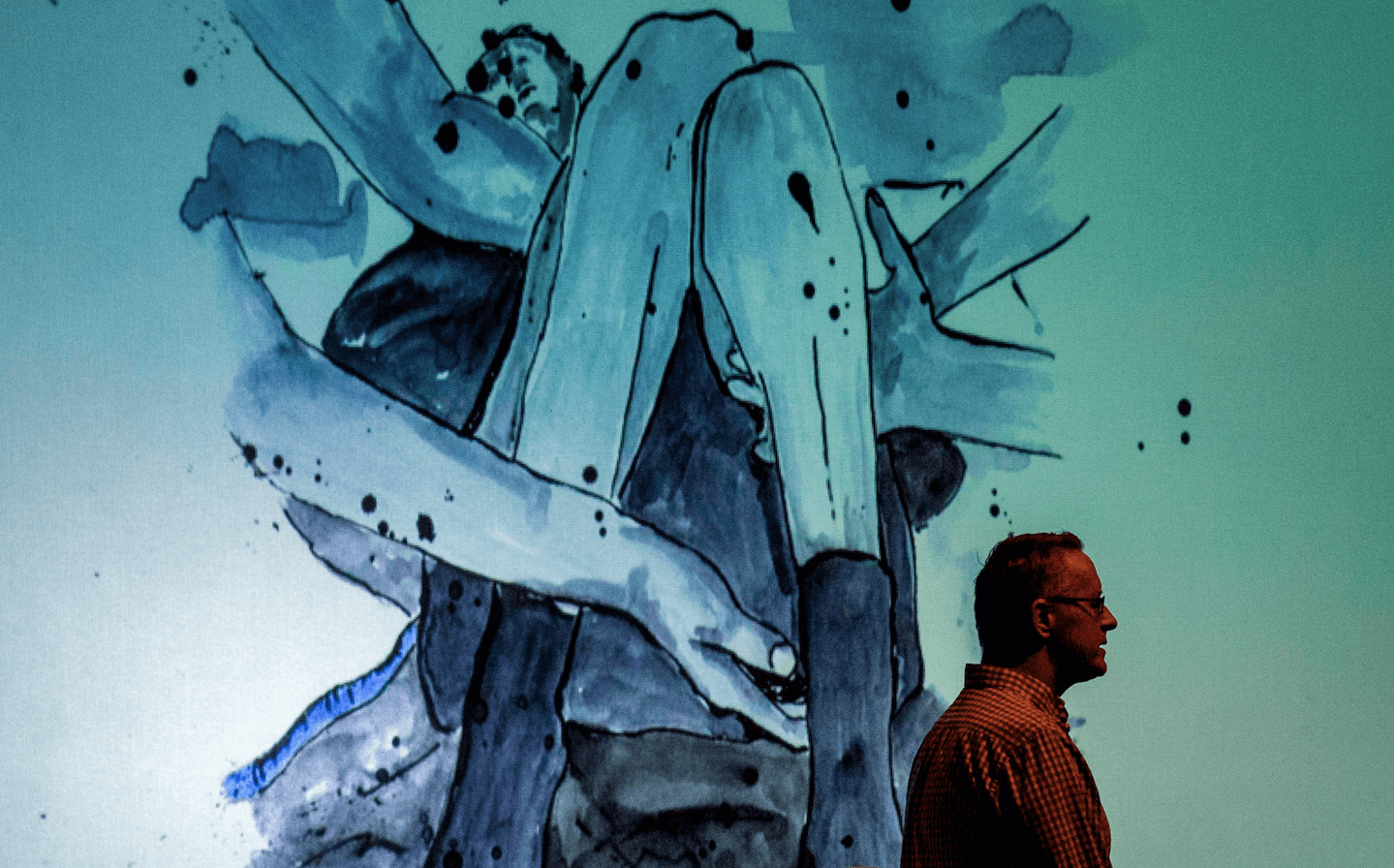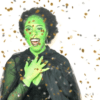
What Is Black Feminist Autoethnography? – The AutoEthnographer Literary and Arts Magazine
Finding Joy in Artistic Performance as Black Feminist Autoethnography
How do creatives find joy in artistic performance as a form of black feminist autoethnography? Dr. Renata Ferdinand, Professor and Chair of the Department of African American Studies at New York City College of Technology in Brooklyn, NY interviews award-winning autoethnographer, Shanita Mitchell to discuss the development of her multimedia video performance series, The Twerking Academic.
As I was making the video, I kept thinking, “What what do I want from this space?” As I’m in higher education, and as I kind of navigate my career through being an English scholar and different things like that, what do I want? What do I need? What serves me? And not all things served me. Like, I’ve kind of figured that out, too. So as I started–well, first of all, it’s from the soundtrack to the Broadway musical, The Color Purple. That’s definitely a big inspiration. But, as I hear the first line, “I don’t need you to love me,” and, “I don’t need you to love,” that’s still me kind of talking about some of the tension of me just existing as a black woman in academia because I kind of realized I don’t need them to love me, you know? I don’t need everyone to love me. And, like, I don’t need everyone to love, right? I have to be able to do these things on my terms. So like, by the end, when I’m saying I’m here, I’ve gotten here. That’s me kind of just realizing that I’m good with me being here and being exactly the way that I am. So that was kind of the inspiration for the video.
– SHANITA MITCHELL

EXCERPT
RENATA FERDINAND: What is your overall message that you want your work to convey? We know even as writers that we may have an intended message, but that doesn’t mean that the audience is going to get this message. So what would you say is the intended message you want the audience to get from your work?
SHANITA MITCHELL: As you said, it’s definitely something for us. Though I do think I have different audiences in mind. But definitely when black women look at my work, I want them to see themselves and to be like “There’s that voice.”
RF: Right.
SM: And it’s similar to, you know, I I gotta give a shout out to you because like, without you I would have never done my master’s thesis. I literally have a quote highlighted from your work that I was just like, “This is the one.”
I saw myself in you. So that allowed me to like, to make, to create things like this, so that way I could have other women see themselves in my work.
But yes, for black women I definitely want them to see themselves, because we don’t see ourselves often. And I want to see and show us as we’re complicated, we’re multifaceted, we’re multilayered. We’re not just the strong black woman or the angry black woman or the hypersexualized. I want the world to know.
We’re complicated and face many battles which the world can’t…they kind of know, but like, sometimes you really just have to breakdown what these battles are for them. So, I just want us to be like, “I see myself,” and then everyone else to be like, “Oh wow, OK, so this is what’s happening to black women.” Because it’s happening, and we’re here.
The Twerking Academic: Visual Exploration of Black Womanhood
The Twerking Academic is dedicated to exploring the multilayered lived experience of Black womanhood using multimodal autoethnographic expression. Column installments include an audiovisual piece that focuses on exploring, processing, and communicating meaningful personal experiences that also offer a voice to the experiences of the wider cultural community. Audiences can view each audiovisual piece independently. A written memo supplements each piece explaining context and speaking to significant themes within the work. Themes explored include bodily autonomy, stereotypes, mental health, and the experience of the Black female academic.
The Twerking Academic seeks to probe and question the established idea of what constitutes an academic. It examines the prescriptive, limiting rules that often dictate how one is recognized as an academic by the community. The column title itself is a nod to this goal. It prompts audiences to reexamine preconceived notions surrounding respectability politics and scholarship. In addition, engaging with topics in an inclusive manner that transcends past barriers that have separated the academic and general population is fundamental to the column’s working mission. I hope this column encourages members of the BIPOC community to build spaces that are authentically reflective of their personal style, culture, and preferred method of communication, and promote multimodal/audiovisual autoethnography as a viable investigative method.
Featured image by Shanita Mitchell;
Photo of The Color Purple on Broadway by AndreasPraefcke for Wikimedia


















